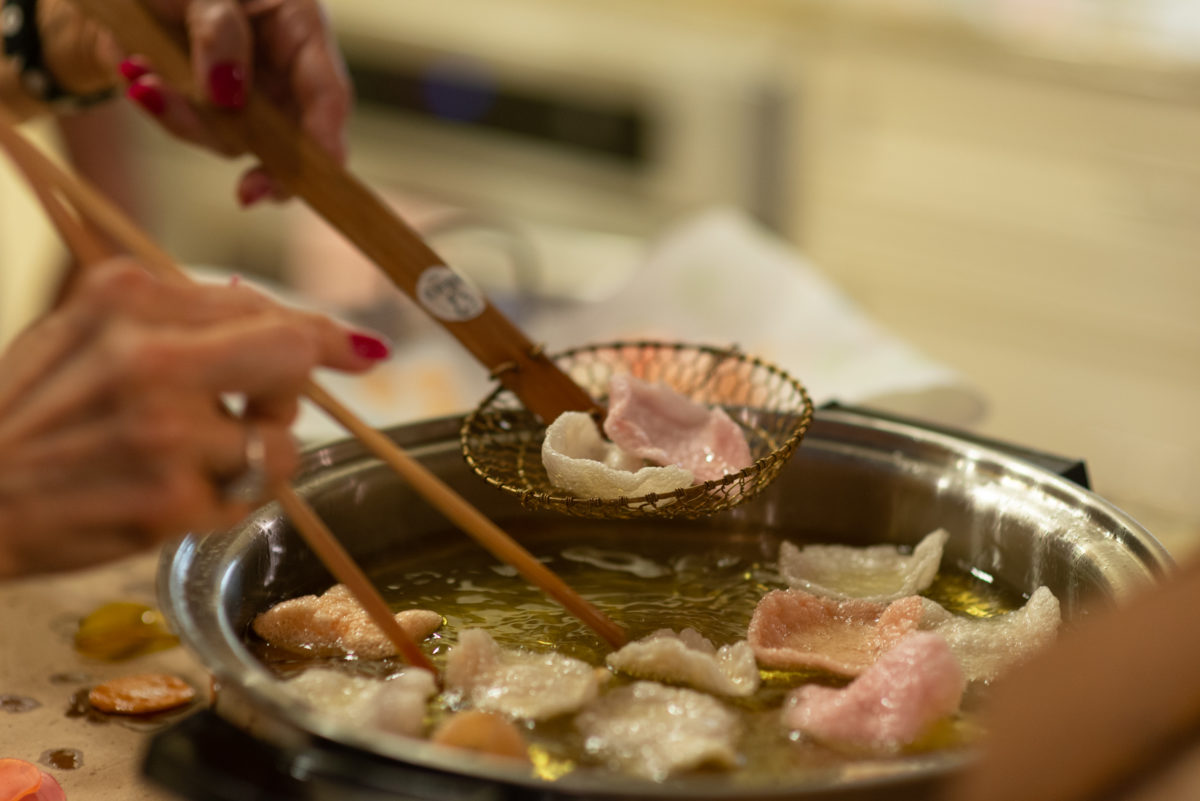If you want to raise someone’s hackles in the South, just tell them their barbecue isn’t the best.

Clinton native and Delta State University graduate Easton Selby can testify. His current home in Conway, South Carolina, where he serves as associate dean and professor of visual arts at Coastal Carolina University, is just 25 miles from the town of Hemingway and its famous smokery, Scott’s Bar-B-Q, widely considered among the best barbecue joints anywhere.
But it doesn’t compare to the Chinese barbecue he’s eaten in the Mississippi Delta.
“Each state has its own style of barbecue and there’s always a right answer of whose is the best,” Selby concedes. “[But] Mississippi Delta Chinese barbecue has ruined me on barbecue in the South because it is so ridiculously good … and it’s not something you can go get at a restaurant. You can get it at someone’s home if they’re cooking it.”
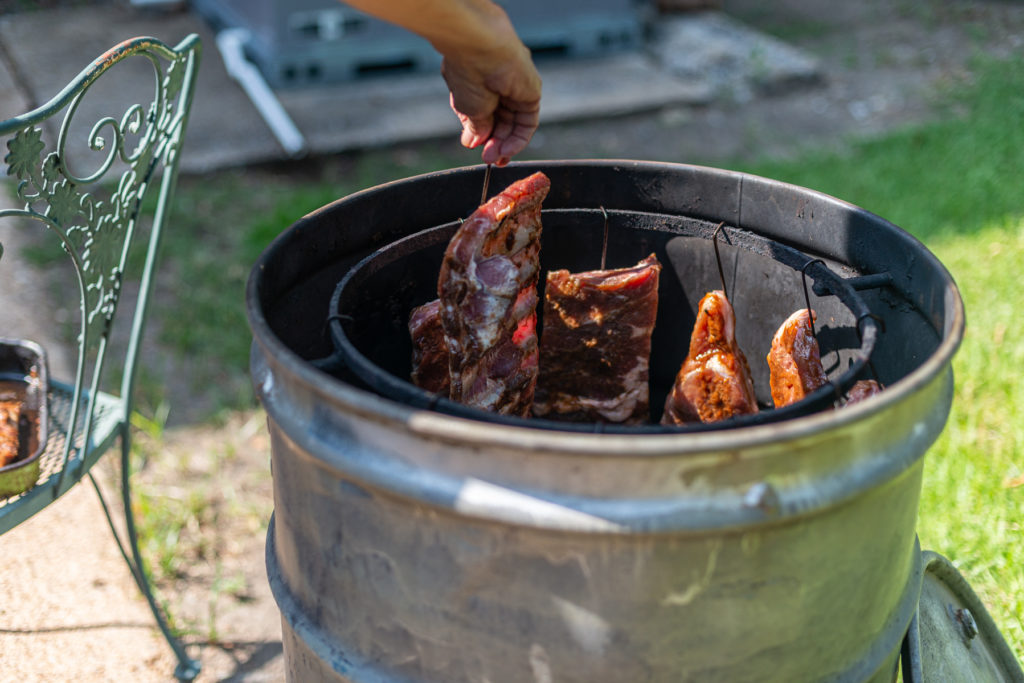
The elusive flavor profiles of Chinese barbecue will be part of “Delta Wok: Mississippi Delta Chinese,” a program Selby will lead about the history, legacy and foodways of Chinese immigrants who settled in the Mississippi Delta, on Saturday, May 7 at 2 p.m., at Catfish Row Museum in Vicksburg. Joining him are Emily Jones, an archivist at Delta State who curates the university’s Mississippi Delta Chinese Heritage Museum, and Gabriella Sang, a Delta attorney who grew up immersed in the culture while working at a grocery owned by her father, Charlie Sang, in Rosedale.
Selby, in collaboration with Jones, Sang and videographers Tim Hodge and Cristin Hughes, is heading up the Delta Wok project, an initiative conceived as a mini-documentary series on Chinese foodways in the Delta, where immigrants first settled in the early 1900s, that has evolved into a conceptual “living” cookbook. Echoing the community cookbooks published by Junior Auxiliaries and churches across the South during the last century, Selby aims to collect recipes and stories from Chinese families in the Delta for posterity.
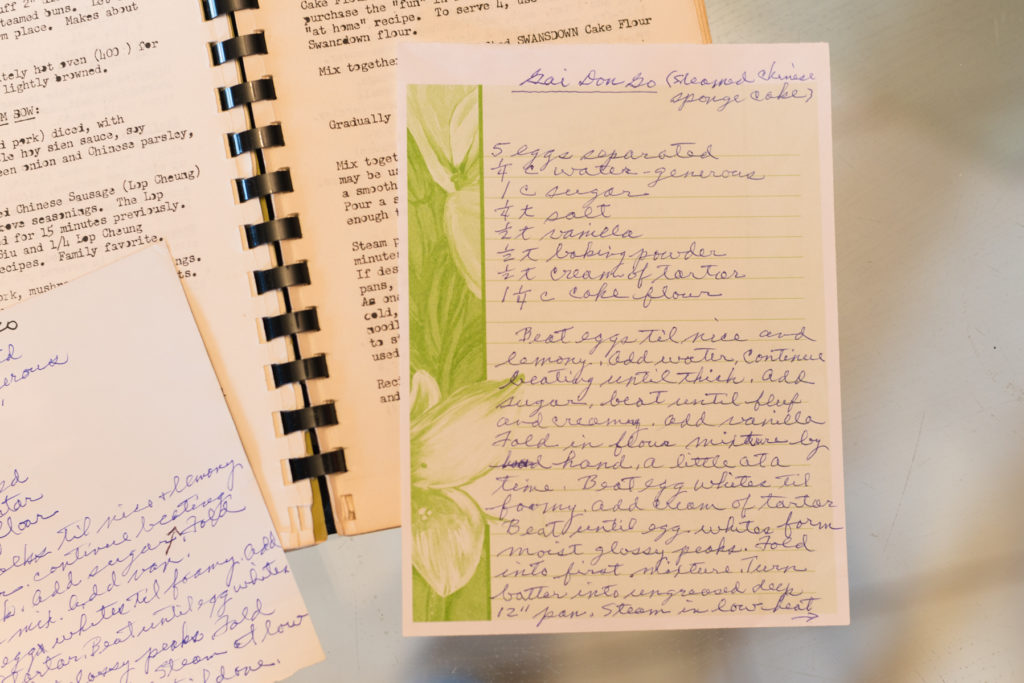
“As families start to leave the Delta, aspects of that history get lost,” he says, “so let’s see if we can catalog this in a way that can also be a reference point for families.”
The melding of ingredients and foodways from various cultures is a hallmark of Chinese-Delta cuisine. Although many Chinese families that emigrated to the region came from a similar climate, not all of the crops transferred successfully to the families’ gardens in Mississippi. Ingredients common to them in China, such as bitter melon and yardlong beans, were often substituted with local vegetables like bell pepper and green beans.
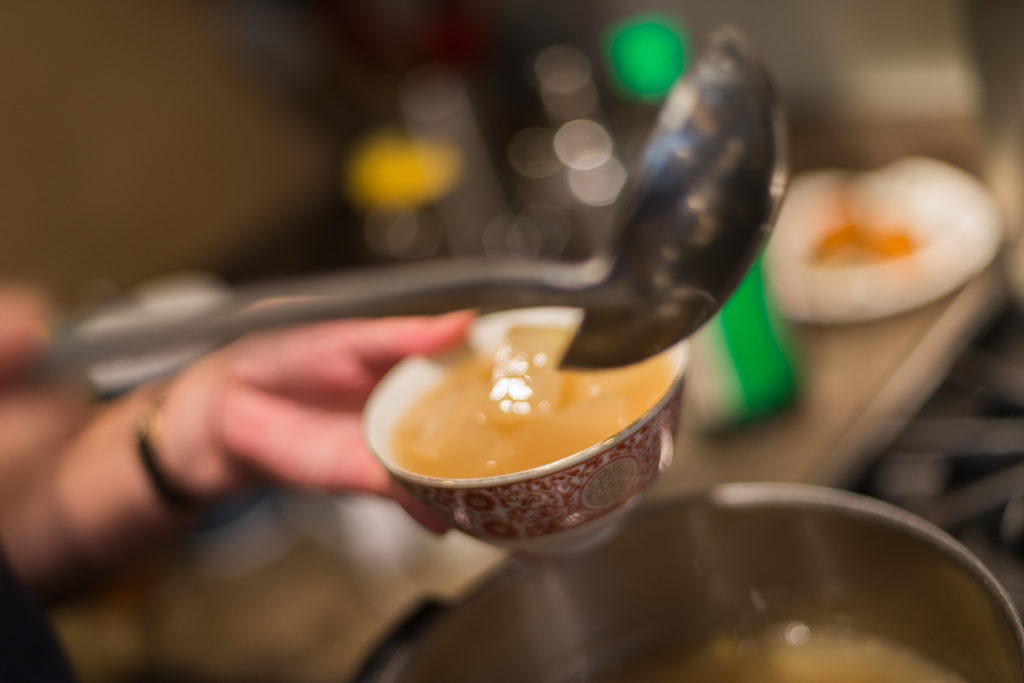
Sang’s grandmother, who cooked in Cantonese style, used peppers with a pork filling similar to the filling used in wontons when traditional ingredients were not in season. She also made sesame balls out of sweet potatoes, which she would fry in a wok. In her mother’s kitchen, they made egg rolls with roasted pork and bean sprouts, sometimes substituted with cabbage.
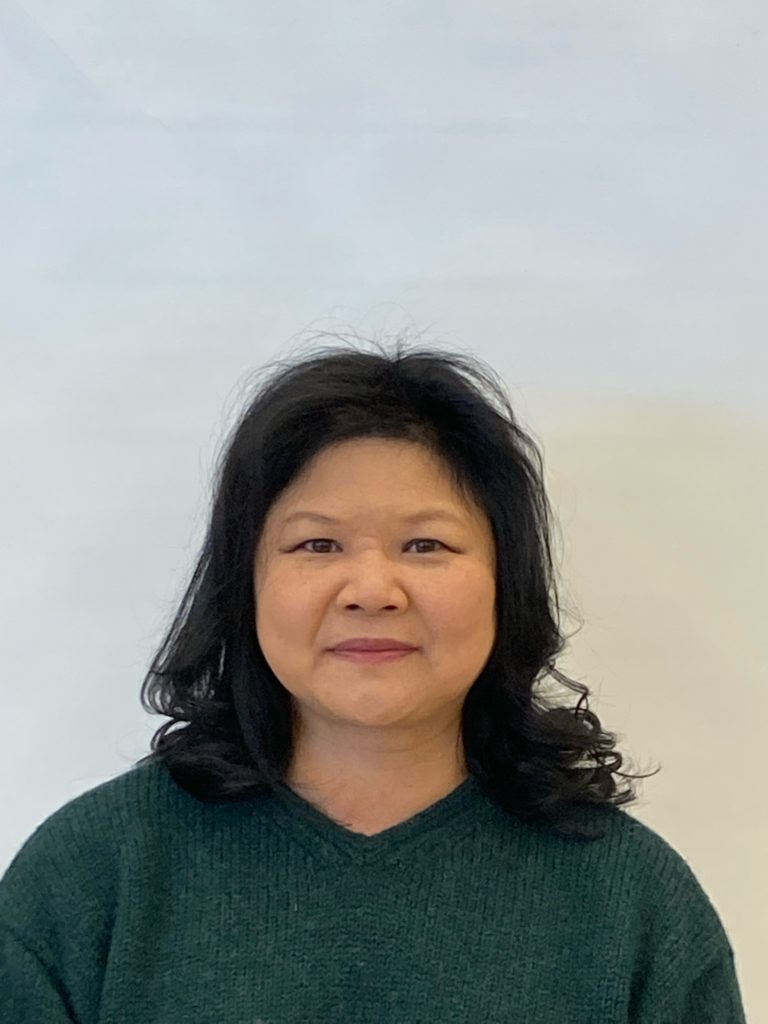
“Delta Wok is about preservation,” says Sang. “People take it for granted—you have memories [of preparing Chinese-Delta food], but maybe not the recipes.”
Convincing families to share long-held family recipes hasn’t been exactly easy, Selby admits. For the first year of the project, they spent a lot of time working with Sang to build relationships within the Chinese community in the Delta.
“What happens when three white people show up and say, ‘Hey, we’re interested in your stories and your recipes. We’d like to collect them and interview you’?” asks Selby. “The history of the South and race is already complicated, and then if you’ve got three white people coming in asking questions, there’s a lot of skepticism.”
The team has also developed some recipes of their own for the Delta Wok project, including what Sang calls the Rosedale roll—an egg roll with dark chocolate substituted for the vegetables normally used in the filling, a “balance of sweet and savory, Sang says, served with her barbecue sauce.
“She was making egg rolls for us as a demo, [and] we tasted her Chinese barbecue and immediately thought, dark chocolate. It was pure magic,” Selby raves.
While the Delta Wok cookbook is still in development, Selby, Jones and Sang will share these and other stories at their Catfish Row Museum event.
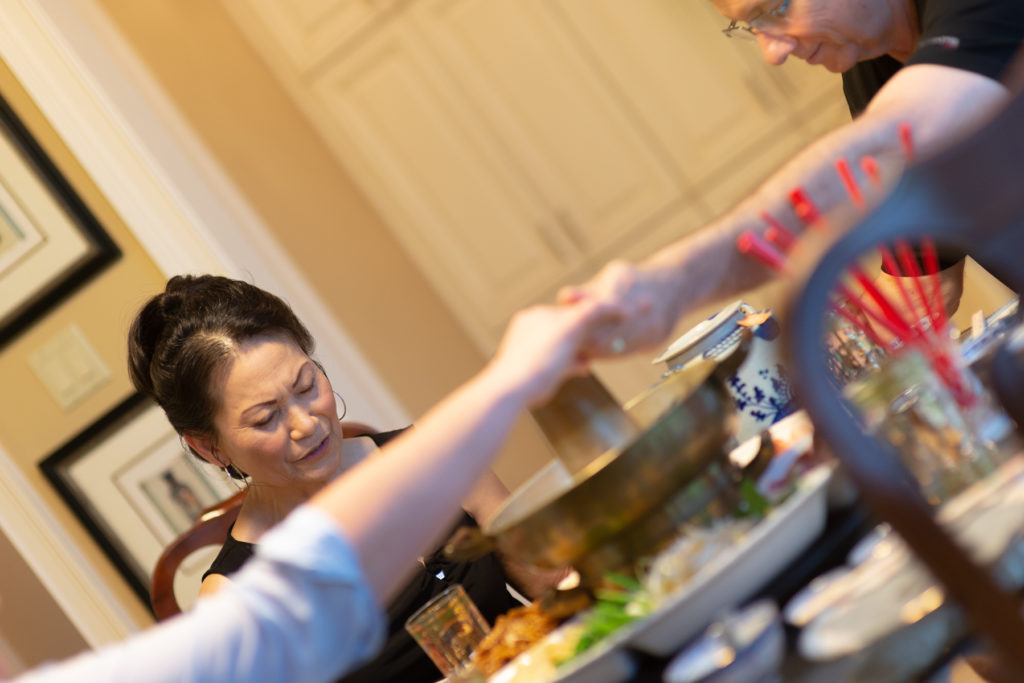
“What I hope people walk away with,” Selby says, “is a better understanding of the depth of the community of the Chinese culture in the Mississippi Delta. It’s played such a prevalent role in its history.”
The Delta Wok program will be held at 2 p.m. on May 7 at Catfish Row Museum, located at 913 Washington Street in Vicksburg.

